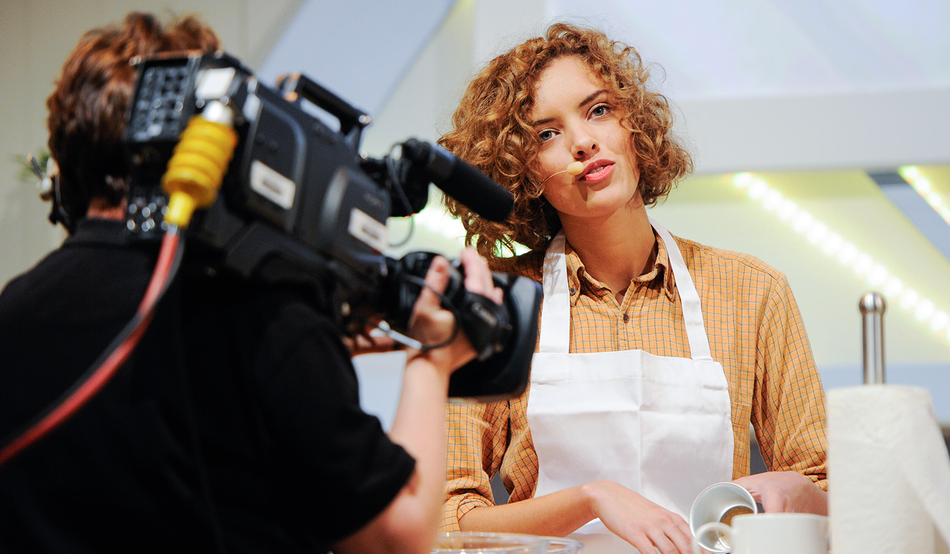What’s been the most significant development for UK food and drink since the Second World War? According to the writer and former Great British Bake Off contestant Ruby Tandoh, it’s the boom of bubble tea—flavoured tapioca pearls suspended in milky or fruity iced tea and served in a transparent cup with a heat-sealed lid and straw. This is one of many culinary trends that Tandoh tracks in her fifth book, All Consuming: Why We Eat the Way We Eat Now.
“The speed of its growth is just unbelievable,” says Tandoh, 33. “This hasn’t happened on a global level since American cheeseburgers.” The drink originated in Taiwan in the 1980s and quickly became popular in Hong Kong and mainland China, but the UK’s first major bubble tea outlet, in London’s Chinatown, didn’t open until 2011. Now, they are everywhere. Tandoh grew up in Southend-on-Sea in Essex—a town she jokes still doesn’t have a Pret, but is home to at least six bubble tea shops.
What is interesting about the bubble tea phenomenon isn’t just that Brits have taken to it despite, in Tandoh’s words, “not being very good at textural fun” (“the tapioca bubbles present an obstacle to a lot of people”). It’s also because of the circumstances that gave rise to the drink’s popularity. The first was the emergence of a digital food culture that rewards products which look great on Instagram and TikTok. The second, she says, was a series of political decisions that led to the government significantly cutting university funding in 2012, which saw institutions ushering in more international students. There are three times more Chinese students in the UK today than in 2011. Many of them grew up drinking bubble tea at home, Tandoh says, “and they are a consumer class”.
At first, she planned to write a “big old book that talks about our appetites biologically, evolutionarily, culturally”, she says. But it wasn’t working until she realised that digital culture is transforming our diets today just as, in the past, our eating habits were largely determined by the people around us. Along the way, she chronicles the advent of food-themed newspaper supplements, finds the link between a Dutch margarine company, a British soap business and Viennetta ice cream, and analyses how internet “hype” once led her to queue up to pay £10 for chocolate-covered strawberries.
The book’s central question is: do we really have our own tastes, or do the multi-million-pound companies around us just let us think we do? Tandoh has written about her complicated relationship with food—making her name on television as an amateur baker, but also battling with an eating disorder during her teenage years. “I used to think about food [as] a deeply personal thing that was specific to me and drove me from the inside out,” Tandoh says. But this is how capitalism operates. “All of the systems around us have a vested interest in making us feel like we are, with some agency, picking our way through things, rather than being buffeted by the forces of economy. I was very happy to think of myself as an enlightened and empowered consumer.”
Researching the book changed that. She now sees herself as “permeable” and her appetites as “in conversation with big and often unromantic cultural forces, whether it’s advertising or what’s happening online.”
“I still have a very personal relationship with food,” Tandoh adds. She takes pleasure in baking a fresh fruit pie, or coming home from the supermarket with a packet of caramel wafers. Her preferences and memories of food are “always going to be mine alone”. But she knows, too, that after scrolling through TikTok, her craving for a milk tea with roasted buckwheat and extra tapioca pearls might not have originated with her. And she’s at peace with that.












